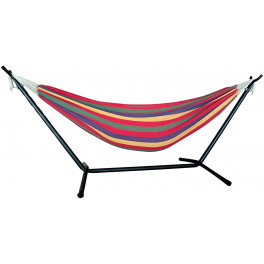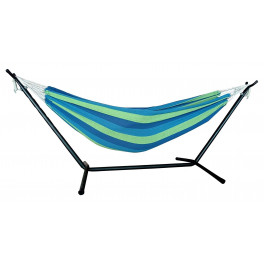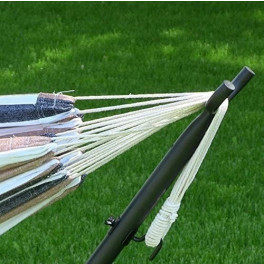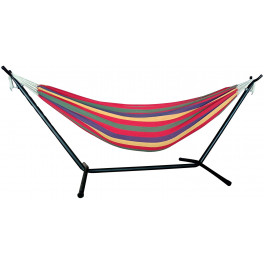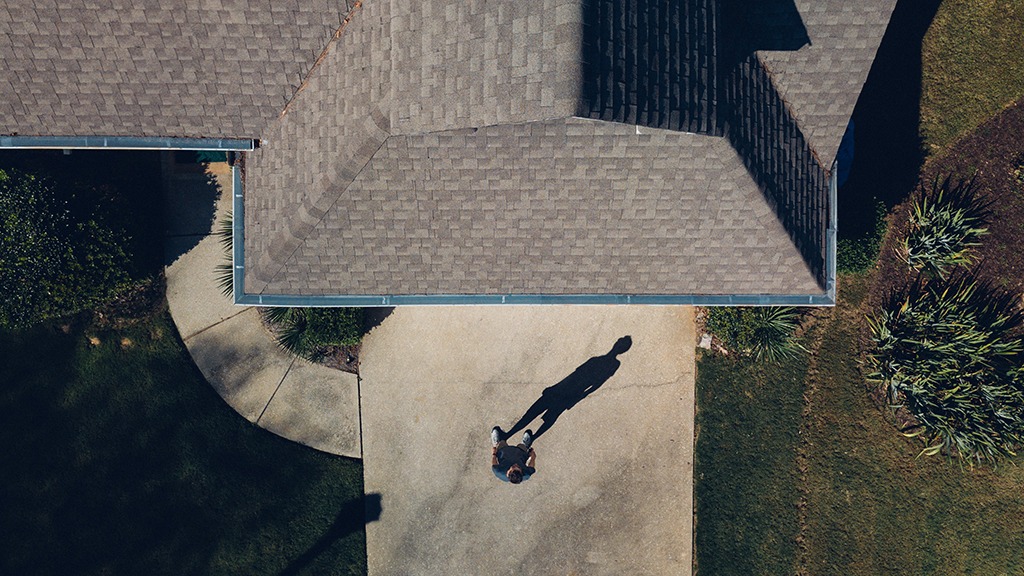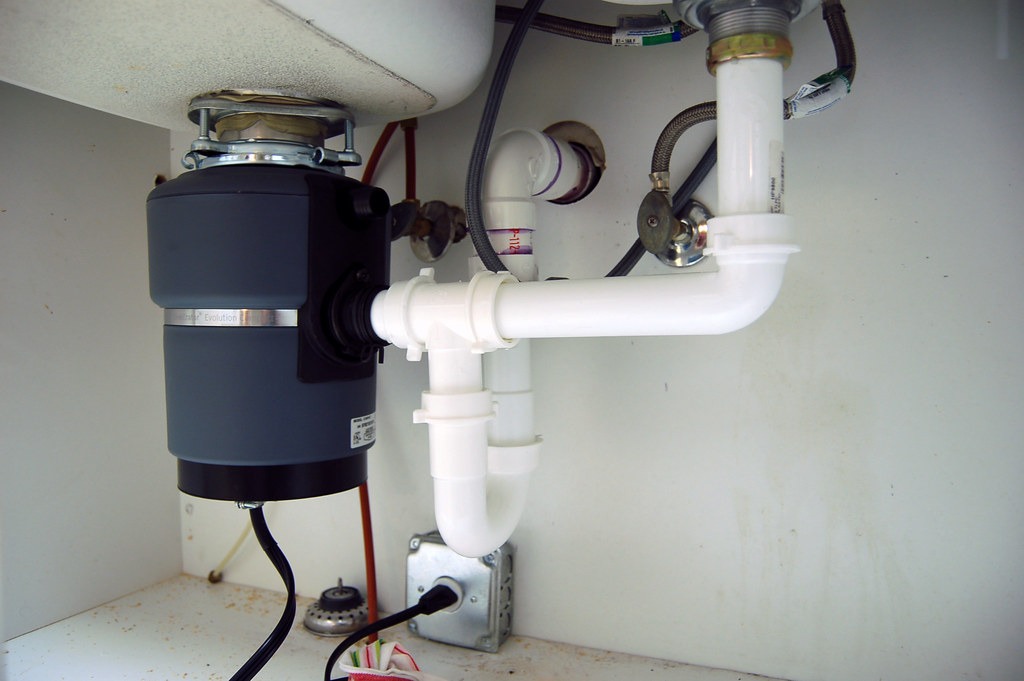When getting any type of mechanical repair done the final cost is always dependent on the complexity of the repair and the level of labor that is required to complete the job. Though, on average getting a lawn mower repair costs $80 -$100, depending on if new parts are needed and how long the repair takes to complete.
Lawn Mower Repair Costs
|
National Average Cost |
$90 |
|
Average Cost Range |
$80 - $100 |
|
Low-end Cost Range |
$45 - $75 |
|
High-end Cost Range |
$125 - $250 |
If your lawn mower is smoking like a barbecue or won’t start up you may soon find yourself in the market for a lawn mower repair service. Most professional lawn mower repair services will be able to fix and administer general maintenance for all varieties of lawn mowers and yard care equipment whether you have gas, electric, or you’re still sporting the timeless push mower.
Table of Contents
Lawn Mower Repair Hourly Rate
Professional lawn mower repair consultants charge an average of $55 per hour, but it is possible for rates to fluctuate between $45 to $100 per hour.
Lawn Mower Repair Price List
Similar to automotive repair garages, it’s not uncommon for motorized lawn equipment repair shops to have a standard pricing system for common services. For example, a local repair shop charges $50 for carburetor cleaning and $40 for carburetor replacement, not including the cost of parts. Larger repair pricing, such as blown out engine replacement or transmission repair on a self-propelled mower or riding mower, are generally determined once the repair technician has been able to dissect the machine and properly diagnose the issue.
It is common for businesses that administer lawn mower repairs to also service other equipment powered by small motors, such as motorcycles, all-terrain vehicles (ATVs), and powerboats. According to Scott’s Lawn Mower Repair in Washington state, some of the most common lawn mower repairs include services such as cleaning or replacing carburetors, replacing air cleaners and sharpening and replacing blades.
Lawn Mower Types
If your lawn mower is smoking like a barbecue or won’t start up you may soon find yourself in the market for a lawn mower repair service. Most professional lawn mower repair services will be able to fix and administer general maintenance for all varieties of lawn mowers and yard care equipment whether you have gas, electric, or you’re still sporting the timeless push mower.
The cost of your repair will depend heavily on the type of lawn mower you have. As well as the way your mower is powered (electric, gas, or push) and whether its a riding mower or a walk behind will affect the price of the repairs. Self-propelled push mowers have some minor differences in the mechanics of the mower than the kind that are not self-propelled.
If the repair facility you choose services the specific brand of mower you have, it should cut down on the time it takes to complete the repair. Companies may also have replacement parts in the shop or be able to get them in quickly for brands that they work on frequently. Here is a breakdown of the most common types of lawn mowers.
- Reel Mower: Entirely people-powered, the reel mower is not equipped with an electrical component and is operated by you pushing. Fewer complex parts mean fewer repair costs and also more opportunity to burn calories while mowing.
- Push Mower: Push mowers are equipped with a gas engine that operates the blades but does not propel the wheels. You are the power that moves the mower across the area you are cutting. They weigh approximately 60 pounds, meaning you get a good workout with these too. Repairs are often less than for self-propelled mowers as well.
- Self-Propelled Mower: A self-propelled lawn mower is powered by a transmission, you’re solely responsible for guiding it without pushing too hard. It requires much less physical labor than a reel or push mower, but what it lacks in effort it makes up for in components that may need to be repaired or replaced.
- Riding Mower: A riding mower is the Bentley’s of lawn mowing machines, it takes all of the physical work out of maintaining a yard, especially one with a lot of acreage. The initial purchase cost is much higher than it would be for a walk-behind mower, averaging $2,000 at big-box stores, and repair costs can be much more due to the amount of parts and more intensive maintenance that is required. A negative aspect of having a riding mower is that they are much larger than your average lawn mower which makes it more difficult to perfect edges close to landscaping, etc. There are zero-turn riding mowers that will allow for sharp, tight edges, but they do cost more, starting around $3,000 at a big-box store.
The energy source that your lawn mower requires will also impact the cost. You can choose between gas, electric, battery, or human-powered for your lawn mower. If you’re choosing an electric mower, consider if it’s cordless or corded so that you can assess the practicality of maneuvering an extension cord when you’re mowing your lawn.
Lawn Mower Life Expectancy
The average walk-behind lawn mower lasts 8 to 10 years with regular maintenance, and 4 to 5 years with poor maintenance. A riding mower should last 500 to 1500+ hours or 15 to 20 years with proper care.
Lawn Mower Repair Cost Factors
Here are the factors that affect the average cost for lawn mower repair services.
Is It Worth It To Repair A Mower
Lawn mower repair specialists recommend replacing your mower if the repair costs exceed 50 percent of the replacement cost or a mower has surpassed half it's expected life. A push-behind lawn mower lasts 8 to 10 years, while a riding mower lasts 15 to 20 years with regular maintenance.
Repair Location
Lawn mowers are heavy machinery that is often very messy to work with. Unless you have a truck that could transport the mower, it may be difficult to transport it to the service center you decide upon. Fortunately, some companies may offer mobile services, sending the repair technician to your location to troubleshoot, diagnose and repair a broken or poorly maintained mower. Other companies may offer to transport your mower to their facility for you.
Dragen Lawn and Garden, located in Ohio, offers free pickup and delivery on every repair and also offers services to fix other equipment, including leaf blowers, snowblowers, chain saws, and power trimmers. Some technicians, such as The Lawn Mower Guy, whose repair rates are $50 for the first half hour and $50 per hour after that, may offer free pickup and delivery as well as free diagnostics for jobs that total up to more than $50.
Repair Experience
Small-motor repair requires some baseline mechanical knowledge, and repair techniques may vary by lawn mower or motor manufacturer. In addition to mowers, Automotive Service Excellence (ASE) certified mechanics may work on motorized edgers, rototillers, generators, pressure washers and chainsaws. It’s advised that you read through reviews and testimonies from previous customers and confirm that the lawn mower technician has experience working with the make and model of your mower.
Lawn Mower Tuneup Cost
The best way to extend the life of your beloved lawn mower and keep it pristine is to keep it well tuned. Even if you despise mowing your lawn and simply do it for the sake of getting it done, having a well functioning mower will help make it a painless job. Whatever the case may be, a professional lawn repair technician can tune up and repair your mower.
Tuneups from a professional technician on average cost $70 for self-propelled lawn mowers and $140 for riding mowers and non-commercial zero-turn mowers. These prices consist of changing the air filter and oil, installing new spark plugs, sharpening the hand-filed blade, cleaning the carburetor, resetting the engines rotations per minute (RPM), adjusting the self-propel function, lubricating the transmission and wheels, tightening loose hardware and inspecting the mower for any other problems.
Taking the time to invest in regularly scheduled maintenance like tuneups can go a long way when it comes to prolonging the life of your lawn mower, which results in savings on your end. These regular maintenance checks will help prevent engine build-up, prevent carburetor clogging, and keep the blades strong and sharp from season to season.
Lawn Mower Maintenance Tips
Making the decision to keep your lawn mower in prime condition will actively help prevent operating issues, saving you money in short-term repairs and help to prolong lawn mower replacement costs. Get familiar with the owner’s manual. The last thing you want to do is cause damage to your lawn mower, so make sure you understand how to care for it according to the manufacturer’s instructions. These instructions are provided to make sure your mower runs as long as possible.
A preventative maintenance tip that will help to keep your lawn mower running properly is to always make sure your gas is fresh, gasoline in a lawn mower is only good for 30 days so if it’s older than that make sure to drain it and refill, you can put any left over gas in your vehicle to save money. Another preventative maintenance tip is to drain the gas tank at the end of each mowing season.If you would prefer to not drain it, you could opt to add fuel stabilizer instead to help see it through the coming cold weather.
Though if you don’t winterize your mower one way or another, the old fuel can clog the engine and your lawn mower may not start when you need it to come the springtime. If your mower will be sitting idle during the winter, the lubricants in the engine can drain away over time, and then the water in the air can cause corrosion and damage to occur. Fogging oil can help prevent this from happening. Check your owner’s manual to see if your lawn mower needs engine fogging, and be careful to follow the directions exactly.
During prime mowing season, make it a habit to regularly check the oil levels and be sure to keep the oil reservoir adequately filled to prevent engine issues. A push mower has an oil capacity of 15 to 18 ounces. It should be changed either every 50 hours or annually, whichever comes first. A riding mower has an oil capacity of 48 to 64 ounces. It should be changed either every 100 hours or annually, whichever comes first. Using the oil that is recommended by the manufacturer is a great way to get the smoothest performance out of your mower.
Make an effort to avoid running your lawn mower over hard objects such as rocks and large tree roots, these can easily damage different parts of the lawn mower and cause a plethora of issues. One of those problems could be a damaged drive belt, this can cause lawnmowers to vibrate unusually and excessively. It could also cause loose mounting bolts, an engine running below the advised RPM, or a cutting deck that isn’t in the right settings.
If your mower won’t start the culprit could be your mower’s spark plugs. Loose, dirty, or disconnected spark plugs can keep your mower from running, but they can also prevent your mower from turning off as well. It’s beneficial to make sure your spark plugs are tight, clean, and connected securely before you try starting your machine. Change old and defective ones as spark plugs are prone to wear and tear, especially if you use your lawn mower frequently.
Keep your foam air filter clean or replace your paper air filter as indicated by the manufacturer. The air filter is what keeps all that debris and dirt that gets kicked up when you’re mowing from getting into your engine and carburetor. Checking the exhaust for any buildup of grass is beneficial as well. The cooling fins are part of the head of your lawnmower engine cylinder. This tends to overheat when it gets clogged, so get rid of any grass, leaves, and other debris that may have found their way into your engine’s cooling fins. Keep an eye on your tires and test them once a season minimum to make sure the air pressure is consistent in all four tires to ensure you achieve a smooth, even lawn.
Finally, make sure you regularly remove excessive grass buildup from your lawn mower’s undercarriage and keep the blades sharp. With a well maintained lawn mower, you’ll have the best looking lawn in town for years to come.
How to Hire a Lawn Mower Technician
- Read customer reviews. Reading customers testimonials will help you get an idea of the technician’s quality of work, communication, attention to detail, punctuality and reputation.
- Get free estimates. Talk with your lawn mower repair pro about total repair costs and compare that against the original cost of the machine. In certain cases, it may be more cost effective to donate the old mower for parts and invest the repair money you budgeted in a new mower entirely.
- Ask about a contract. Some lawn mower repair services offer a workmanship guarantee that outlines what type of lawn mower repair services will be provided, which new parts will be included and the total cost for the parts and labor.
- Ask about discounts. Some motorized lawn equipment maintenance facilities will meet or beat competing companies prices, and some offer military and senior discounts so make sure to ask.
Find Lawn Mower Repair Techs Near You
Get your lawn mower fixed today, don’t wait and reach out to a local repair technician to get a free cost estimate.




